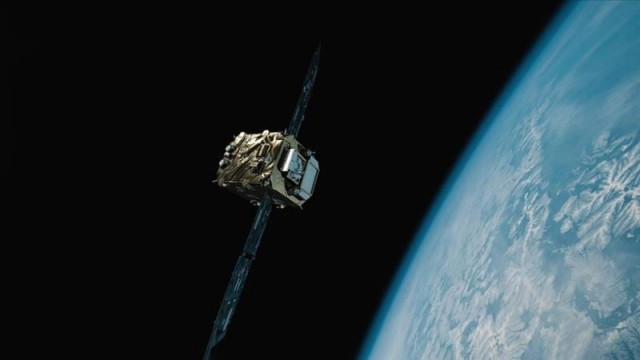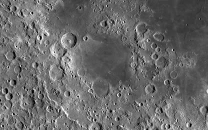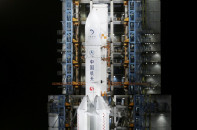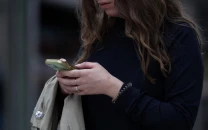Türkiye to launch a series of Earth observing satellites
The high resolution observing and remote sensing satellites are designed for country’s need

Türkiye will boost its earth observation capabilities with a soon-to-be-launched series of new satellites.
Minister of Industry and Technology, Mehmet Fatih Kacir, told Anadolu that the new and indigenous Imece satellite project, consisting of two new satellite series, will be commissioned within four years.
“A significant part of our country’s high-resolution Earth observation needs will be met by domestic means,” he said.
The project for the new series of two satellites will be followed up with the renewal projects of the Gokturk observation satellites, while work is currently underway on other CubeSats and small satellites.
Kacir highlighted the launch of the Turksat 6A, the country’s first indigenous communications satellite, in July, marking an important milestone.
Read: Crew with first astronaut from Turkey launched on flight to space station
He said following the success of Turksat 6A, new opportunities in space will become relevant, such as constructing orbital stations, among others.
“We have already gained experience experimenting in microgravity and we would like to participate in other space programs,” he said.
Kacir also noted studies are currently underway on deep space, and that Türkiye will utilize the gained experience for its lunar project, AYAP, such as producing a spacecraft capable of reaching lunar orbit.
“The lunar spacecraft will be ready for launch by the end of 2026 or the first quarter of 2027, depending on availability,” he said.
The minister noted that Türkiye seeks international cooperation for the projects and the lunar landing cannot be accomplished solely through domestic means.
He noted that Türkiye is continuing negotiations to establish a spaceport with the United Arab Emirates, as well as with companies, such as SpaceX and Axiom Space.
Kacir added that Türkiye is evaluating ways in which it can contribute to NASA’s Artemis moon exploration project, re-emphasizing international cooperation.



















COMMENTS
Comments are moderated and generally will be posted if they are on-topic and not abusive.
For more information, please see our Comments FAQ